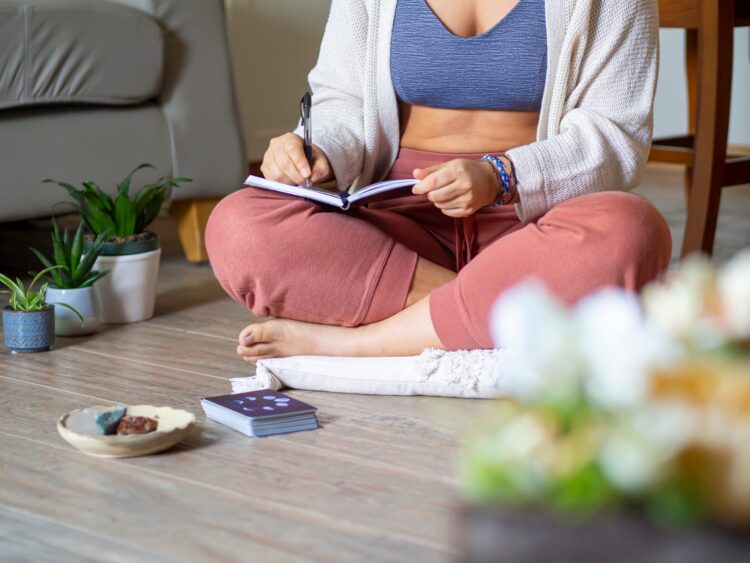When you are in recovery from a substance use disorder, you might feel as though there is a long list of things you should do. The first, most important thing on that list is, of course, don’t drink or use drugs.
But there are plenty of other things on the recovery to-do list:
- Go to 12-Step or other recovery meetings
- Get ongoing treatment for co-occurring mental health disorders
- Avoid loneliness (but also avoid toxic people and have a plan for tricky social situations)
- Eat healthily, exercise regularly, and get serious about sleep
- Develop strategies for staying present rather than dwelling in the past or worrying about the future
You could probably add to that list pretty easily. Maybe your therapist has made suggestions for things you can do to firm up the foundation of your sobriety. Perhaps someone said something in your recovery meeting that really struck you as a good idea to try. Maybe you have picked up a piece of advice from a book or a podcast about the recovery journey.
Still, even with the list we have provided and your own list of activities and strategies that support sobriety, we would like to offer three ideas that might not have occurred to you just yet. Or maybe they have occurred to you, but you have not put them to use. In either case, here are three activities that can be helpful to most anyone—and particularly to a person in recovery.
Make a Budget
There is a good chance you encountered some financial difficulties before you regained your sobriety. That, in and of itself, might be enough to suggest careful budgeting as a way to move forward.
But a budget has value for your recovery even if your substance use disorder was not particularly tangled up with your finances. That’s because money can be a real source of stress in our lives—and high levels of stress can threaten your sobriety.
With that in mind, we encourage you to make yourself a budget if you do not already have one. The process is fairly simple.
- Write down the amount of money you bring home every month
- Add up your recurring monthly bills
- Do the math to determine if you are financially ahead or behind
- Work steadily toward bringing your expenses in line with income—preferably with enough left over to start building some savings
Having some money set aside is a wonderful way to lower your stress levels. Knowing you have the resources to cover a surprise expense can provide peace of mind—and a budget can help you figure out how much you save.
Tidy a Mess
We all have different levels of tolerance for clutter in our lives, but in many cases cleaning up can bring stress levels down. That is because clutter has a way of making things harder. For example:
- You are running late, and you can’t find your keys or your phone or your purse
- You misplaced a bill, and now it is past due (and extra fees can be hard on your budget)
- Your child misplaced a favorite toy and will not stop wailing until it is found
Our guess is that you can think of other ways unorganized spaces have added stress to your life. The good news is that straightening up can pay double dividends when it comes to supporting your recovery. First, you get the good feelings that come from making order out of chaos (this is true even if you just sort through a single pile on your counter). Second, the order you have restored makes it less likely you will have the sorts of experiences we imagined above. And again, lower stress supports sobriety.
Start a Journal
Whether you decide to start a gratitude journal or a daily recounting of your day or a notebook full of doodles and snippets of poetry or prose, a journal can be a wonderful place to process your feelings and to remind yourself of the good things in your life.
And the best news is that you really can’t do it wrong.
- You might record three things you are grateful for at the end of each day
- You might write down three achievable goals at the beginning of your day
- You might spend a few minutes over your lunch hour simply writing down some thoughts, whether they are about big things or small
No matter what kind of journaling fits your schedule and your needs, the regular activity can provide ongoing support for your sobriety.
The First Thing to Do? Regain Your Sobriety Through Treatment
At Bel Aire Recovery Center in Kansas, we can help you regain and maintain your sobriety. We are committed to personalized, evidence-based treatment, and we provide that treatment with empathy and respect. If you are struggling with drugs or alcohol, your highest priority should be pursuing treatment so that you can reclaim your life. When you are ready to get started, we are ready to help.




